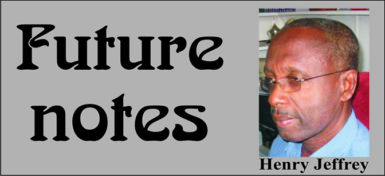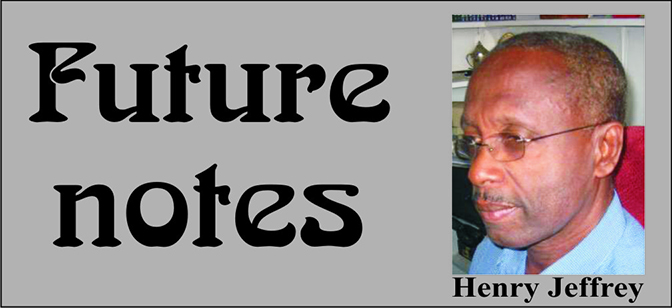 In his presentation to the 1979 congress of the People’s National Congress, Dr. Mohamed Shahabuddeen, then attorney general and minister of justice of Guyana, argued that the 1966 constitution was a ‘Westminster export type constitution …. which in themselves are neither good or bad.’ Whether or not such constitutions are appropriate to a given situation depends upon the situation. Accordingly it needed to be changed in the extant context because it was a capitalist-orientated document that made only limited provision for the involvement of the masses in the political process. (A socialist economy through …, 1979, PNC Secretariat). It is essential to remember that we should be viewed as products of our time and at the time Westminster democracy was much ridiculed as bourgeoisie democracy and both the People’s Progressive Party (PPP) and People’s National Congress (PNC) were supporting all manner of dictatorial socialist regimes. Writing in 1986, I said that, ‘the 1980 constitution might be the de facto supreme law but its de jure status is somewhat in doubt since it was introduced by a regime which has kept itself in government through electoral fraud’ (Baber, Colin & Henry Jeffrey (1986) Guyana: Politics, Economics and Society. Frances Pinter, London). However, while I remained uncertain that the public was being given the whole truth from the PNC about it, I was similarly unconvinced by much of the opposition case against the new constitution.
In his presentation to the 1979 congress of the People’s National Congress, Dr. Mohamed Shahabuddeen, then attorney general and minister of justice of Guyana, argued that the 1966 constitution was a ‘Westminster export type constitution …. which in themselves are neither good or bad.’ Whether or not such constitutions are appropriate to a given situation depends upon the situation. Accordingly it needed to be changed in the extant context because it was a capitalist-orientated document that made only limited provision for the involvement of the masses in the political process. (A socialist economy through …, 1979, PNC Secretariat). It is essential to remember that we should be viewed as products of our time and at the time Westminster democracy was much ridiculed as bourgeoisie democracy and both the People’s Progressive Party (PPP) and People’s National Congress (PNC) were supporting all manner of dictatorial socialist regimes. Writing in 1986, I said that, ‘the 1980 constitution might be the de facto supreme law but its de jure status is somewhat in doubt since it was introduced by a regime which has kept itself in government through electoral fraud’ (Baber, Colin & Henry Jeffrey (1986) Guyana: Politics, Economics and Society. Frances Pinter, London). However, while I remained uncertain that the public was being given the whole truth from the PNC about it, I was similarly unconvinced by much of the opposition case against the new constitution.
Last week, to former attorney general Mr. Anil Nandlall’s contention that Burnham could not ‘function’ under the Westminster Constitution, giving reasons for my claiming so, I argued that Forbes Burnham not only functioned, but helped by the system that gave him control over both the executive and the legislature, became an autocrat long before the 1980 constitution. Indeed, there was little he could do under the 1980 constitution that he could not and did not under the 1966 independence constitutional arrangement. However, Mr. Nandlall claimed that what he actually meant by Burnham not being able to ‘function’ under the Westminster constitution was that he had a ‘demonstrable dislike’ for the democratic principles inherent in it, could not operate with it and thus had to destroy it (SN: 23/2/18). While there is absolutely nothing wrong with making this claim, the problem is how to demonstrate it: prove it. Importantly, Mr. Nandlall pointed to the removal of Chief Justice Sir Joseph Luckhoo as head of the extant judiciary and the PNC government’s decision that Guyanese should no long be ruled by a monarchy or judged by the Privy Council.
So far as Chief Justice Sir Joseph Luckhoo is concerned, in the heat of the independence struggle, which was also an effort to remove the PPP, one’s ‘fiercely independent’ individual can easily be another person’s quisling or coward. It should be noted that the independence constitution was agreed upon, if not with the PPP, with Westminster itself. Also, Sir. Kenneth Stoby, who became the first chancellor, was an eminently qualified Guyanese who was perhaps senior to Sir Joseph Luckhoo. He had been chief justice of Guyana for about two years under the PPP before he was succeeded by Sir Joseph Luckhoo and migrated to become chief justice of Barbados for about another six years.

